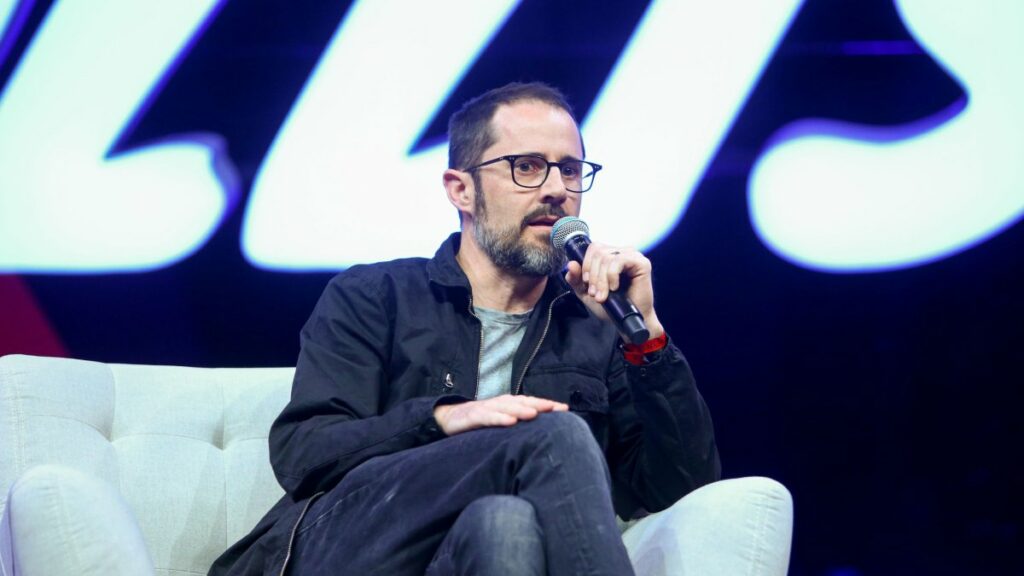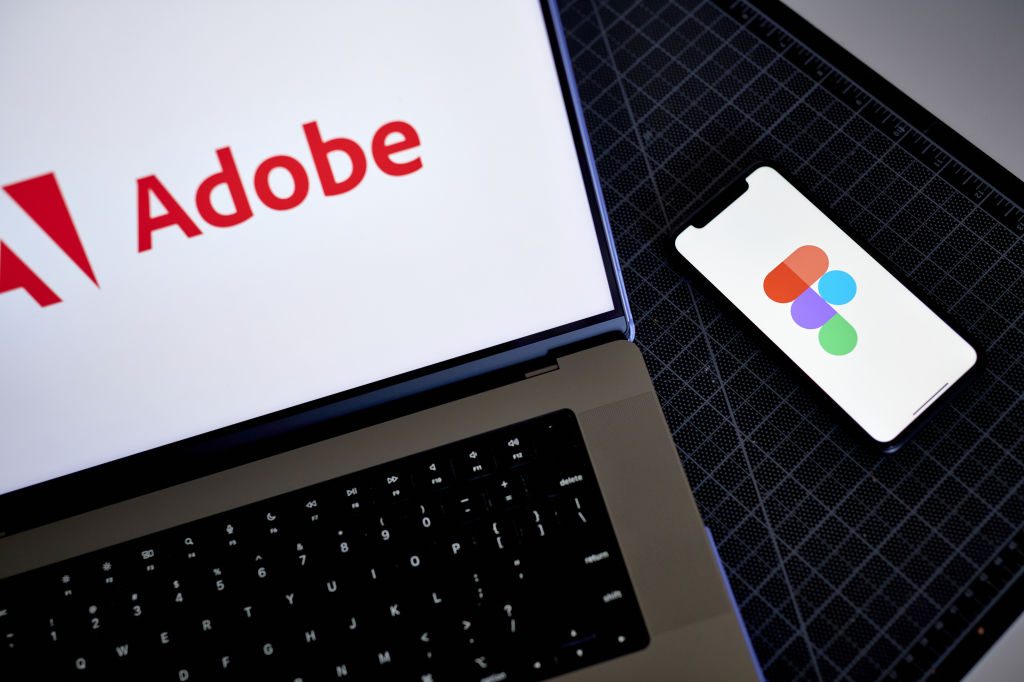August was online publishing platform Medium’s first profitable month — ever.
That’s according to Medium CEO Tony Stubblebine, who on Wednesday published a recap of Medium’s recent digital Medium Day 2024 conference. Stubblebine says that Medium had over a million members as of April, and that more members “than ever before” are subscribing to the company’s paid plans. (He didn’t volunteer a figure for that second claim.)
Stubblebine had previously pledged Medium would reach profitability this year.
“There’s a side story about how good engineering has saved us money on our server bills,” Stubblebine writes. “But mostly it was as simple as making something members wanted to subscribe to … Even as we cut other costs to make Medium profitable, we paid the writers more.”
Founded in 2012, Medium hosts a hybrid of blogs, newsletters and other forms of the written word. It’s been accused in the past of being a dumping ground for get-rich-quick scams and listicles. But, as Stubblebine notes in his post, the company has undertaken a number of efforts to improve its overall content mix.
In 2023, Medium launched Boost, an initiative to curate high-quality articles for readers. That same year, the platform beefed up its moderation efforts, removing over a million spam posts (Medium removed nearly ten million last month, per Stubblebine), and rolled out a program to invite published authors to verify their identity by claiming their books. (Medium says that more than 9,000 writers have signed up for that program.)
In recent months, Medium has also expanded its partner program, which allows writers to earn money based on the engagement their stories receive from Medium’s member base. And it’s released a higher-priced membership that offers the ability to pay more money directly to authors.
One area where Medium has chosen not to invest is generative AI. The company currently blocks AI crawlers from its site, and has hinted at recruiting a coalition of other platforms and publishers to “help figure out the future of fair use in the age of AI.”


